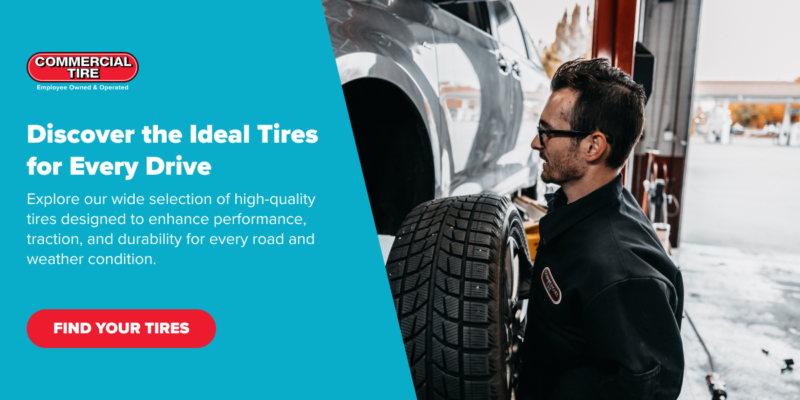When it comes to tire types, there are often too many types and styles to choose from. Depending on the region where you live, the most critical factor is likely the season rating of the tires. To best optimize driving in hazardous road conditions, it’s essential to carefully choose summer tires vs. all-season tires—which ones to get will make a significant difference in a vehicle’s ability to retain traction in different conditions and terrain types.
What are Summer Tires?
Also known as performance tires, this variety is primarily equipped to handle warm weather conditions. The tread design and depth are meant to optimize driving on paved roads’ in hot and dry conditions, or wet conditions. In addition, it contains a special additive that allows the tire to grip the road even in heavy rains.
Apart from the summer months, it’s an ideal choice for daily commute vehicles and highway travel. It does not handle winter conditions like snow as effectively, though, as the lighter tread can’t grip the road as well. Additionally, it’s not meant to engage other slick conditions such as mud, gravel, and different off-road terrain, making it best for regions with consistent weather condition patterns.
What are All-Season Tires?
For areas that don’t see too heavy of snowfall, a set of all-season tires is a safe bet. The difference is in the tread of the tire. All-season tires have deeper grooves and a more rugged pattern. Additionally, they are made with compounds that help ensure that shifting weather and temperatures don’t cause them to break down too rapidly. It’s important to note that all-season tires are meant for general-purpose wear. In the case of areas with severe snow, it’s best to consider true winter tires or studded tires for better traction.
When To Choose Summer Tires vs. All-Season Tires
Both are excellent options for different reasons; it’s often challenging to decide on summer tires vs. all-season tires. Which one to get generally depends on where you are located. For instance, the stock selection of a tire shop in Boise, Idaho, likely looks very different from those in Maine or Washington. The reason for this is due to the average season experience in each area.
In summer months or drier regions, it’s possible to save on mileage by selecting performance summer tires. For areas with long periods of snow and dry or rainy conditions, it may be beneficial to have a spare set of either type at the ready. Areas with more snowfall should prioritize all-season tires or even have dedicated winter tires to ensure safe driving even in the event of surprise snowfalls. In colder regions, consider switching to winter tires that have the necessary tread wear and softer rubber to stay safe while driving in winter weather. If you’re interested in a more detailed comparison between winter tires and all-season tires, check out our full guide on Winter Snow Tires vs. All-Season Tires.
Expert Tire Installation and Maintenance at Commercial Tire
At Commercial Tire, we don’t just help you choose the right tires—we also ensure they are expertly installed and maintained. Our certified technicians provide professional tire services, from installation to alignment and regular maintenance, ensuring your tires perform at their best throughout their lifespan. We offer a wide selection of tires, including top brands like Bridgestone, Firestone, and Milestar, to suit your specific needs. Visit one of our Commercial Tire locations or schedule an appointment today to find the perfect tires and keep your vehicle safe and road-ready.

